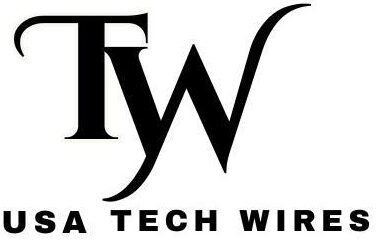What is Nometre and Why It Matters: A Comprehensive Guide

Table of Contents
Introduction What is Nometre and Why It Matters
In today’s world, new scientific terms and measurement units are constantly emerging, each with unique meanings and uses. One such term is “nometre.” While it may sound technical, understanding it is essential for fields such as science, technology, and engineering. This guide dives deep into what it is, its potential applications, and why it matters.
What is Nometre? A Comprehensive Guide
The term “nometre” might be unfamiliar to many. However, it is a unit or concept that could represent a unique way to measure certain aspects within specialized industries. Often, terms like these are coined to help professionals better quantify, assess, and understand specific variables that traditional units may not cover. Although It may not yet be widely recognized, it has potential value in areas where precision and specificity are required.
Potential Applications of Nometre
- Scientific Research: In fields like physics, chemistry, and biology, precise measurements are critical. If nometr’e were used as a measurement unit, it could enable scientists to capture unique data points that enhance research accuracy.
- Technology and Engineering: The tech industry continually seeks more detailed metrics to refine performance and efficiency.It could be used as a technical unit, contributing to more precise calibrations in devices or machines.
- Medical Field: Precision measurement units are vital for diagnostics, research, and treatment in medicine. Using a manometer to measure aspects of cellular biology or medicine could provide new insights, especially in highly controlled settings.
- Environmental Science: For studying environmental changes, units like nometr’e may be beneficial in measuring micro-level changes in climate variables, pollution levels, or oceanography.
Why Nometre Could Be Important
The need for a new unit or concept like nometre stems from humanity’s desire to push the boundaries of knowledge. As we learn more about the universe, we find that traditional units may not suffice. It offers a hypothetical solution to this problem by providing an alternative metric for measurements requiring new specificity. As technology and science evolve, It may become a valuable part of the measurement lexicon, used to enhance the accuracy and reliability of advanced metrics.
Possible Advantages of Nometre
- Enhanced Precision: Allows for a more accurate representation of data in fields that demand high precision.
- Greater Consistency: If adopted globally, it could standardize specific measurements, reducing discrepancies across different industries.
- Adaptability: It could be customized for various applications, making it a versatile unit of measurement for emerging scientific fields.

Conclusion
While “nometre” is still an emerging concept, it holds promise for scientific and technological advancements. As we continue to innovate, units like nometre can be pivotal in capturing data that traditional units cannot. This potential for enhancing measurement accuracy makes it a unit worth watching. In an era where precision matters more than ever,It could be a future cornerstone for several industries.
FAQs
Q1: What does nometr’e measure?
A: It is not yet widely adopted, but it could be used to measure variables that require high precision, especially in scientific fields.
Q2: Is nometr’e a standard unit?
A: Currently, It is a conceptual or hypothetical unit and is not part of the International System of Units (SI).
Q3: How is nometr’e beneficial in technology?
A: If implemented, It could provide a more accurate way to measure specific technological variables, contributing to the advancement of precise calibrations.
Q4: Can nometr’e be used in environmental studies?
A: Yes, It could theoretically help in measuring minute changes in environmental factors, aiding in accurate data collection.
Q5: Will nometr’e be officially recognized in the future?
A: It’s possible if it gains acceptance and proves useful in scientific and technological fields needing enhanced precision.







